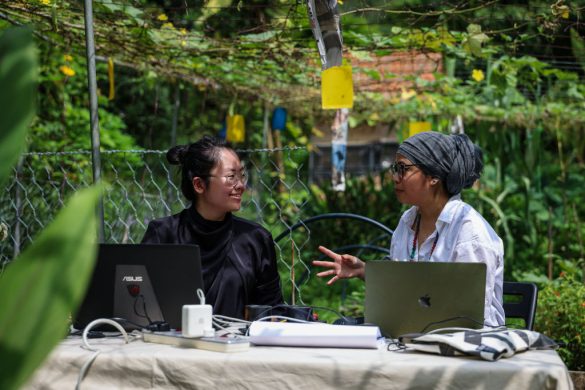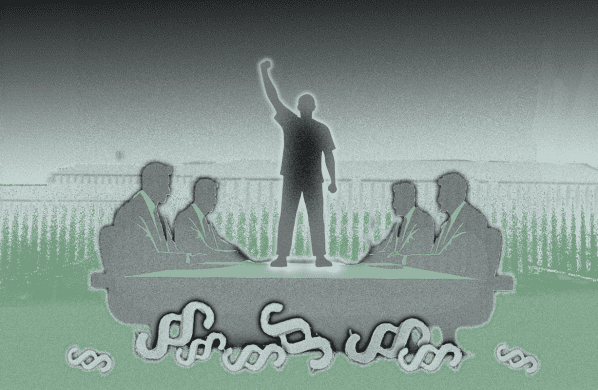JOHANNESBURG, 28 Nov. (IRIN): Zimbabwes National Association of NGOs (NANGO) has called on the International Criminal Court (ICC) to prosecute government officials responsible for the countrys controversial urban clean-up campaign five months ago.
UN special envoy Anna Tibaijuka visited Zimbabwe in July to assess the aftermath of campaign, which began in May 2005, and compiled a scathing report that called on the government to punish those who, “with indifference to human suffering” had carried out the evictions and subsequent destruction of homes and informal markets.
The envoy, also the director of UN-HABITAT, labelled Operation Murambatsvina a “breach of both national and international human rights law provisions guiding evictions”. NANGO wants Tibaijukas report to be implemented, and the perpetrators brought to book.
The ICC, unlike the International Court of Justice, can try individuals and investigate crimes, such as drug trafficking and genocide, referred to it by governments as well as the UN Security Council.
Rejecting the NGOs call, Public Service, Labour and Social Welfare Minister Nicholas Goche said the government was not going to arrest anyone for pursuing a national programme.
– Like those international organisations that want to say we committed a crime against humanity by destroying illegal, degrading and inhumane shelters, local organisations demanding spurious prosecutions know that they are fooling themselves. It is funny that no one is saying anything about the follow-up housing programme that has already borne so much fruit, Goche said.
NANGO spokesman Fambirai Ngirande told IRIN that the NGOs were also concerned about the growing needs and sense of insecurity of the clean-up campaign victims still in transit camps.
Over 700.000 people were displaced in the operation that was part of the Mugabe-governments urban renewal programme, which critics have claimed was a poorly planned, pre-emptive security-led strike against the disgruntled urban population, carried out amid fears of a post-election uprising against government.
– Organisations are not allowed free access to the affected people – it is very difficult for anyone to state their exact needs. Besides, there is a lot of ongoing police-enforced movement of people from one transit camp to another. As a result, people are not secure at all, Ngirande told IRIN.
NANGO welcomed the Zimbabwean governments recent acceptance of UN assistance in providing shelter, food and basic needs to those affected by the clean-up exercise.
The Bulawayo-based NGO, Christians Together for Justice and Peace (CTJP), has also voiced an appeal for those affected by Operation Murambatsvina. The organisation called on the government to address the problems of homelessness, poverty and unemployment, and implored all churches to provide support to the poor and the victims of political abuse, in defiance of government restrictions.
Relations between government and NGOs have deteriorated since the announcement of a new policy last month, which makes it mandatory for all NGOs to apply to their respective provincial governors office for permission to operate. NANGO has ordered its members to ignore the policy, seen as an interim measure until the controversial NGO bill of 2004 is approved.
The bill, which will ban activities of organisations involved in human rights and civic education campaigns, also outlaws foreign funding of NGOs, and would subject NGOs to strict vetting by a committee appointed by the government, with minimal NGO representation.
The bill was passed by parliament late in 2004 but President Robert Mugabe has refused to sign it into law and referred it back to parliament for further discussion.
NANGO has argued that its members were not consulted about the new policy and said it would ignore the directive until the government had canvassed it with the affected organisations.
Goche denied that government had come up with an alternative policy to the bill, saying it had only drawn up interim guidelines to supervise aid distribution while final amendments were made to sections of the NGO bill.
– In the meantime, all organisations are encouraged to co-operate with their relevant governors. The policy is not meant to sideline anyone, but to ensure accountability among NGOs so they can remain true to their stated agendas, Goche told IRIN.
– Those with clear agendas should not complain when supervisors come around, added he.
Kilde: FN-bureauet IRINnews















